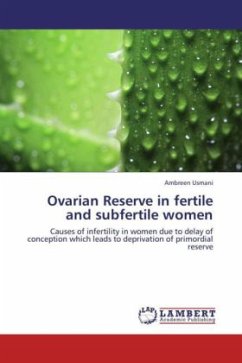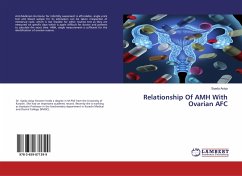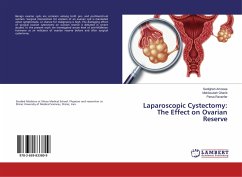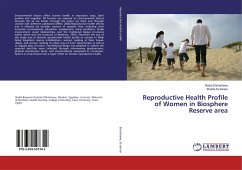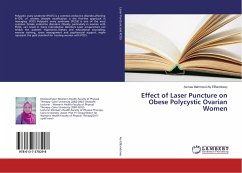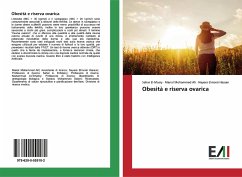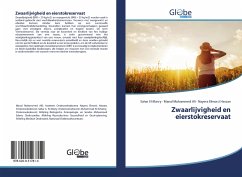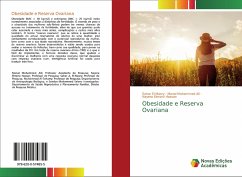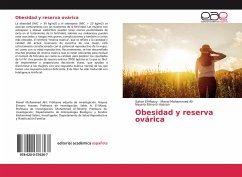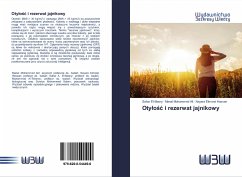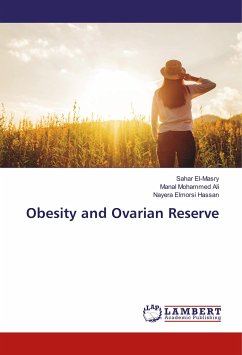
Obesity and Ovarian Reserve
Versandkostenfrei!
Versandfertig in 6-10 Tagen
27,99 €
inkl. MwSt.

PAYBACK Punkte
14 °P sammeln!
Obesity (BMI 30 kg/m2) and overweight (BMI 25 kg/m2) are commonly associated with fertility disorders. Overweight and obese subfertile women can have fewer chances of successful fertility treatment, in addition their pregnancies might be associated with more serious risks, complications and higher costs as well. The term "ovarian reserve" that refers to the quantity and quality of a woman's current oocytes reservoir, is strictly correlated to a women's reproductive potential, as well as her reproductive age. Recently, many ovarian reserve tests have been developed and are being used to assess ...
Obesity (BMI 30 kg/m2) and overweight (BMI 25 kg/m2) are commonly associated with fertility disorders. Overweight and obese subfertile women can have fewer chances of successful fertility treatment, in addition their pregnancies might be associated with more serious risks, complications and higher costs as well. The term "ovarian reserve" that refers to the quantity and quality of a woman's current oocytes reservoir, is strictly correlated to a women's reproductive potential, as well as her reproductive age. Recently, many ovarian reserve tests have been developed and are being used to assess the number of follicles as well as thier quality, to predict the IVF outcomes. An optimum ovarian reserve tests (ORT) is the one that is easy to implement, and provides clear decisions, which help to discriminate women with a normal from those with poor ovarian response. Researches in that field postulated two different opinions; first that obesity reduces ovarian reserve while on the contrary others didn't agree with these ideas, a point that needs more detailed work and researches.



